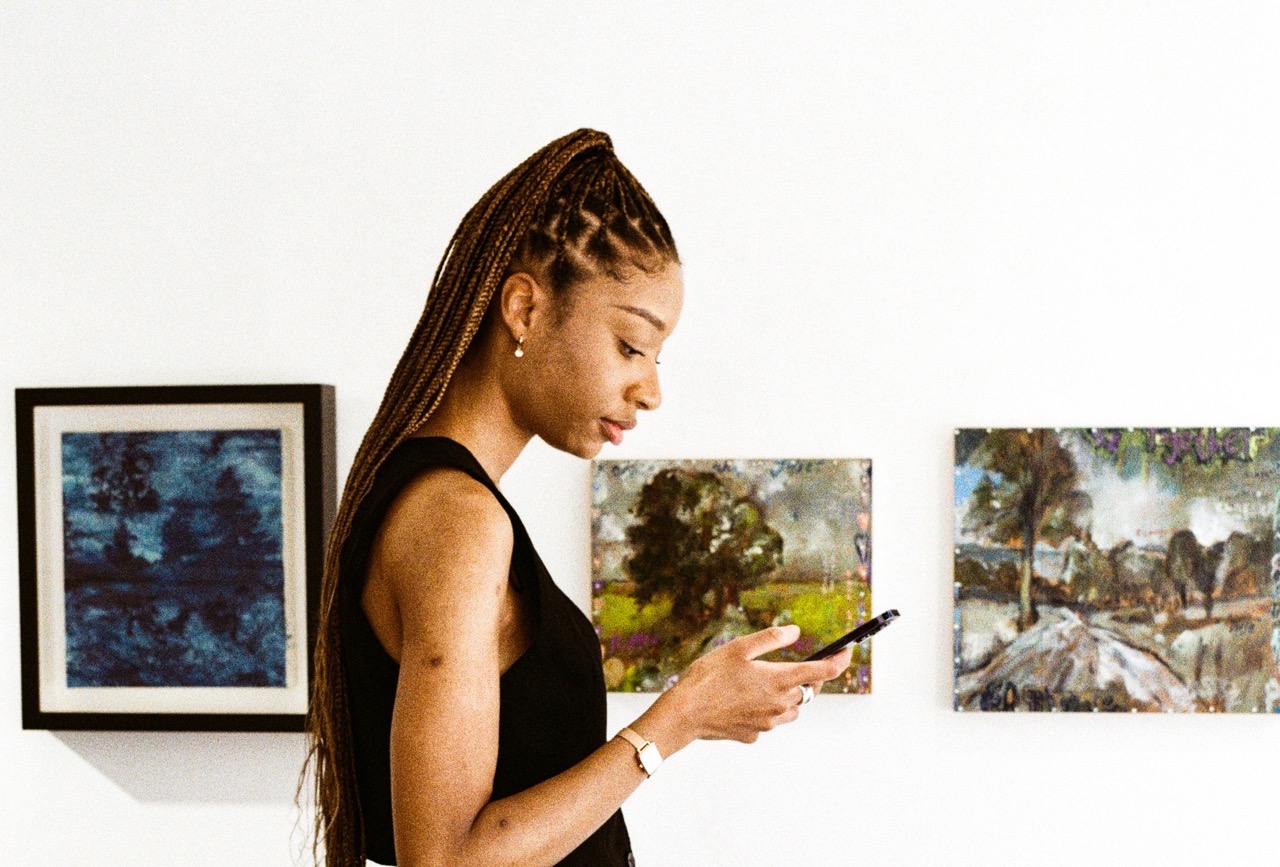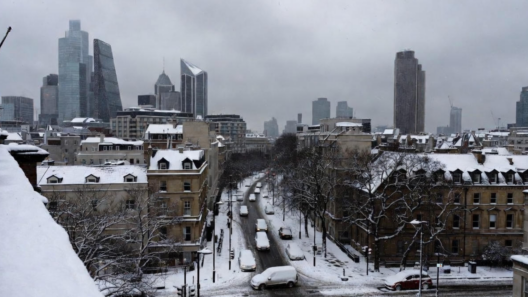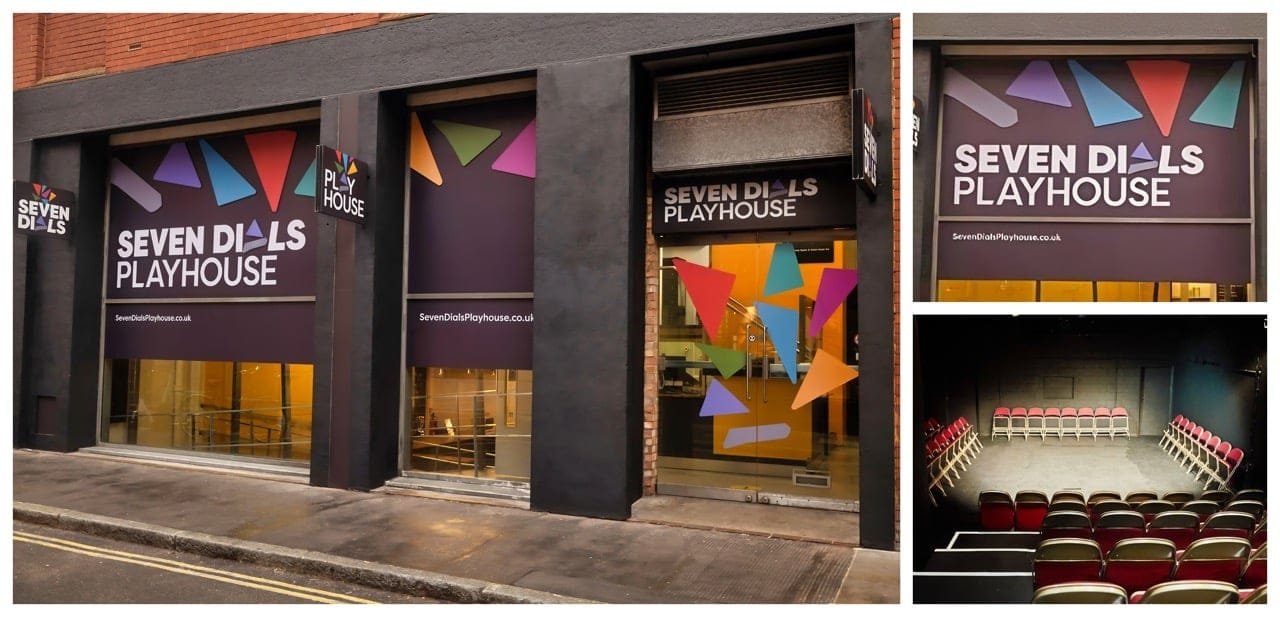Seven Dials Playhouse is stepping into a bold new era—and at the heart of it is Chief Executive Amanda Davey, leading with purpose, inclusivity, and vision. We spoke to Amanda about the venue’s ambitious new chapter, from its open-door ethos to artist-focused programming and anti-racist values. At a time when London theatre needs space for bold voices more than ever, Seven Dials is making itself essential.
What inspired the bold shift in Seven Dials Playhouse’s model, and why was now the right time to reimagine its mission?
Back in 2019/20, the Board recognised it was time for a change. The old workshop and membership models had their limits, and financial pressures were starting to bite. So, by 2020/21, we’d introduced a new direction – moving away from daily workshops and towards more inclusive programmes designed to support artists at different stages of their careers.
This included opening our doors to all artists – not just those from selected drama schools.
Like many others, the pandemic caused major disruption, forcing a closure and reducing resources. In 2024, to address historic debt and fund future growth, the organisation sold and is now leasing back its building (1a Tower Street), helping ensure financial stability and allowing us to move forward with our reimagined vision.
Seven Dials Playhouse champions both early-career and mid-career artists. Why was it important to support creatives beyond the emerging stage?
Supporting artists beyond their emerging stage is crucial for long-term growth – both for individuals and for the industry as a whole. As creatives develop, they still need ongoing resources, mentorship, support, and opportunities to continue honing their skills. This helps them take risks and create bold, exciting work that shapes culture and inspires future generations.
More established artists also often act as mentors, sharing knowledge and experience that nurtures new talent. Supporting creatives at all stages helps build a diverse and inclusive space, where a range of voices and stories can be heard and celebrated. Ultimately, that leads to a more thriving and evolving creative ecosystem – which benefits everyone.
From ‘First Steps’ to the Sketch Comedy Collective, you’re introducing several new artist development schemes. What kind of impact do you hope these programmes will have on the theatre ecosystem?
These (and other) artist development schemes offer both emerging and established creatives the space, time, and opportunity to experiment, train, and grow. At Seven Dials Playhouse, we support a diverse range of artists and encourage fresh perspectives, innovation, and creative risk-taking.
In the long term, we hope to help build a more vibrant, sustainable, and inclusive theatre landscape – one where a wide range of stories and talent reach broader audiences, and where theatre continues to evolve and excite.
The new curated programming approach puts artist voices front and centre. What kinds of work are you most excited to platform in this next chapter?
We’ve got some incredible artists programmed as part of the Pride season (announced Monday – sevendialsplayhouse.co.uk), featuring both new work and returning hits led by LGBTQIA+ artists. That includes a cowboy-clown mashup, a Celine Dion drag tribute, and a nature documentary cabaret exploring queer animal behaviour – including dolphin orgies, gay giraffes, and intersex snails.
Do please check out the website, come and see what we’re doing, support the artists presenting work on our stages and in our spaces – and, in doing so, support the wider industry too.
How does Seven Dials Playhouse balance its West End location with its grassroots ethos of accessibility, experimentation, and community?
We balance our West End location with our grassroots ethos by staying committed to accessibility, experimentation, and community – while making the most of our position in London’s theatre district.
We offer affordable ticket prices, community and outreach programmes, and inclusive initiatives to help make theatre accessible to a wide range of audiences. By creating a welcoming space for emerging talent and bold, high-quality work, we support innovation without losing sight of our connection to local communities.
That’s what makes Seven Dials Playhouse special. It’s the mix of people – whether that’s artists already working in the industry or those just starting out – and the wide range of activity we support: rehearsals, auditions, training, university showcases, scratch nights, comedy, cabaret, and theatre.
Our West End location, paired with our grassroots focus, centres everything around the development and impact of artists working – or wanting to work – in the industry.
As an off-West End venue with a charitable remit, we speak to a range of audiences – from those living and working locally to people across London and the UK. Because of our size, remit, and location, we’re in a unique position to offer something different to the larger West End venues.
Inclusivity and anti-racism are core to the Playhouse’s evolving identity. What practical steps are being taken to ensure that this ethos is more than just a statement?
We’re working to break down barriers for those wanting to build a career in the arts. For us, that means collaborating with artists to support their ideas and responding to what they need. But it’s also about looking at the bigger picture.
As an organisation, we need to reflect the people we work with – including at Board level and within the staff team. We’re focusing on ensuring our messaging and opportunities reach the right people, through things like targeted marketing, open and transparent recruitment, and accessible application processes.
Most importantly, we aim to be consistent, trustworthy, and authentic in our actions. We’re a small charitable organisation, but we’re part of the wider theatre ecology – and we’re committed to living our values throughout everything we do.
You’ve created an open-door policy, inviting creatives to drop in and connect over coffee. Why is this kind of informal, low-barrier engagement so important for artists today?
Artists are absolutely central to who we are and why we exist. Their contributions are critical to our success. By creating an open-door policy – where creatives can drop in and connect (over coffee) – we’re making sure we stay present, approachable, and responsive.
This kind of informal engagement helps build a supportive community, where artists can freely share ideas, collaborate, and get feedback. It encourages creativity and connection – and helps ensure artists feel genuinely welcomed, valued, and part of what we’re building together.
In a rapidly evolving cultural landscape, what role do you believe spaces like Seven Dials Playhouse can play in shaping the future of theatre in London and beyond?
In a rapidly changing – and often fragile – cultural landscape, spaces like Seven Dials Playhouse play a crucial role. By developing new talent and supporting those already working in the industry, we help sustain the wider theatre ecology.
Without organisations like ours, we’d see fewer voices on our stages and screens – and behind the scenes too. These spaces are vital to maintaining the UK’s position as a creative powerhouse, supporting the economy, and stepping in where national and local arts funding is falling short.
We’re here to help ensure theatre stays relevant, exciting, inclusive, and economically viable. For more information on the Seven Dials Playhouse and to see the programme of shows, visit: https://www.sevendialsplayhouse.co.uk/







